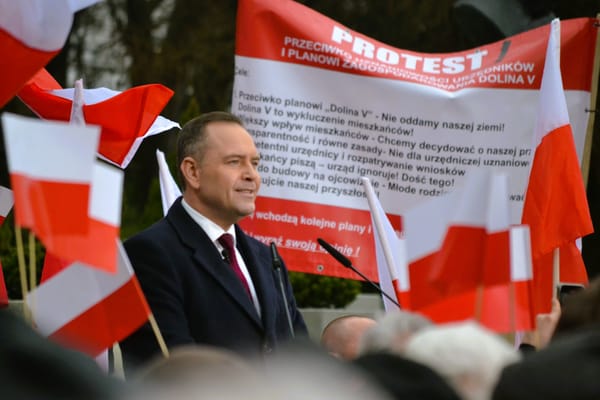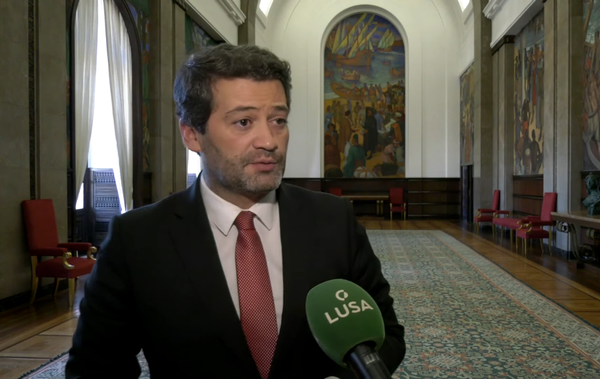EU’s new LGBTIQ+ strategy: a Trojan horse for ideological control
A recently published policy brief from the Athena Forum sheds light on the European Commission’s proposed EU LGBTIQ+ Equality Strategy 2026–2030.

The strategy is an ambitious framework that, though not legally binding, is intended to guide legislation, funding, and institutional mandates across the EU and its member states.
While the Commission presents the strategy as a continuation of equality efforts begun in 2020, the brief warns that the new plan places gender identity and “self-ID” at its center, while seriously neglecting the hard-won protections of women and girls.
Key concerns: from self-ID to lawfare
Centering self-ID without safeguards
The strategy pushes for legal self-identification (self-ID) — allowing individuals to define their own gender without medical or legal scrutiny, and with no age restrictions. Athena Forum argues this approach is deeply dangerous: it collapses the distinction between sex and gender, and erodes the legal protections based on biological sex.
Criminalizing dissent under “Hate crime” expansion
Under the new plan, the Commission seeks to extend criminal categories under Article 83 of the Treaty on the Functioning of the European Union (TFEU) to include “hate crime and hate speech” motivated by gender identity. The brief warns that such a vague concept — opened to subjective interpretation — could be weaponized against free speech and existing sex-based law.
Undermining parental rights and safeguarding
The brief highlights how the strategy might strip parental oversight in matters of gender, medical treatment, or counseling. By conflating “conversion practices” with even benign therapeutic or parental support, it risks criminalizing legitimate interventions for minors experiencing gender distress.
Ideological conditionality in funding
One of the more covert tools is the use of EU funding conditionality. The strategy augments the power of Brussels to withhold or grant funds based on whether regional governments, NGOs, universities, or schools conform to ideological lines. If an entity resists the LGBTIQ+ agenda, it may lose access to vital funds, regardless of merit or local autonomy. athena-forum.eu
Broader dangers: institutional capture & identity mandates
Athena Forum warns that the document amounts to institutional capture: a contested and unscientific concept of “gender identity” is being treated as settled policy, integrated deeply into public administration, law, and culture — all without proper debate or oversight.
The brief levels strong critique at the strategy’s data foundations. Many of its statistics rely on FRA and Eurobarometer surveys, which the authors argue conflate sex, gender, and orientation — producing flawed and biased conclusions used to justify expansive policy proposals.
Moreover, the plan also includes parenthood recognition rules that could force all EU countries to accept surrogacy-based parenthood, undermining national authority over family law and opening doors to moral and bioethical conflicts.
What Europe must consider
- The strategy asserts a post-democratic approach: major social policy changes, including those touching conception, identity, and family, are being pushed not by sovereign nations through democratic process, but through top-down directives.
- Democratically elected governments, national parliaments, and citizens are largely being sidelined. The strategy is framed as a blueprint with little room for dissent or localization.
- It is not simply about “rights” — it is a comprehensive redefinition of legal categories, social norms, and institutional control.
As Faika El-Nagashi, the Director of Athena Forum concludes:
Taken together, these measures point to a broad process of institutional capture, where a contested and unscientific concept of “gender identity” is treated as settled law and integrated into the EU’s policy machinery without democratic debate, evidence or impact assessment.





